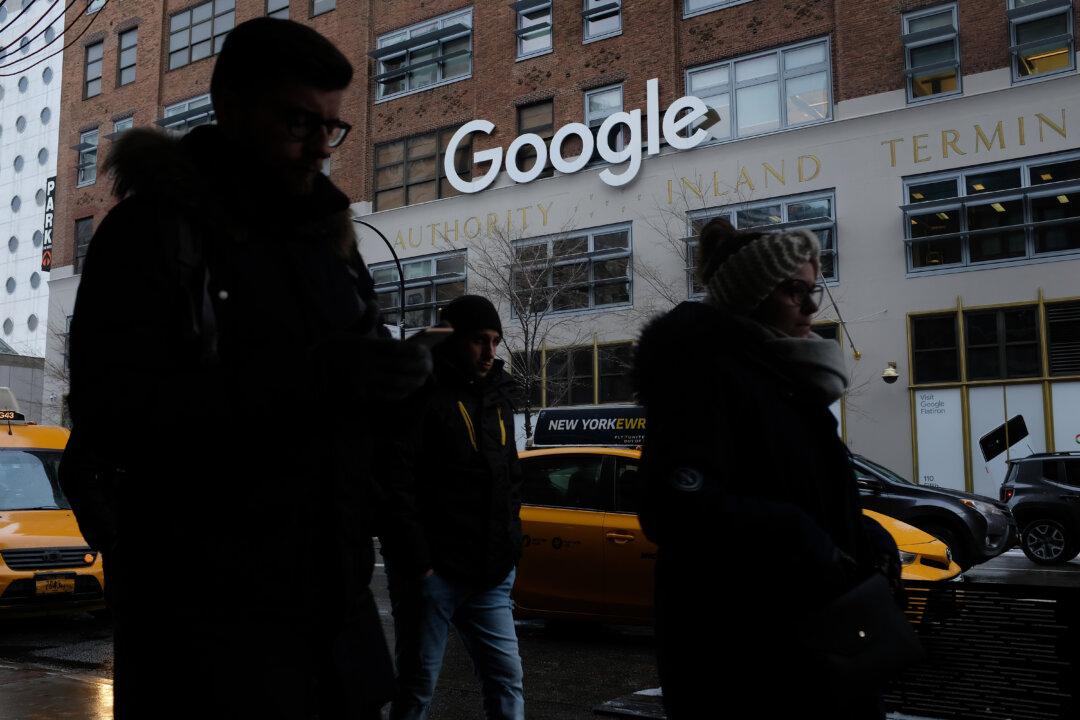Large online platforms including Google, YouTube, Facebook, and Twitter have shifted their principles “toward censorship and moderation” from a position of protecting free speech, according to a Google research document leaked to Breitbart.
The document, titled “The Good Censor,” argues the platforms have pinned themselves between two incompatible positions: “Create unmediated ‘marketplaces of ideas’” and “create well-ordered spaces for safety and civility.”





